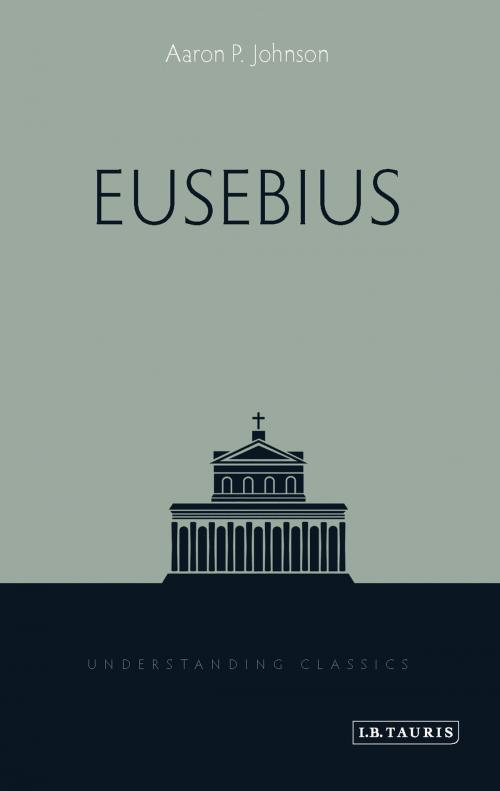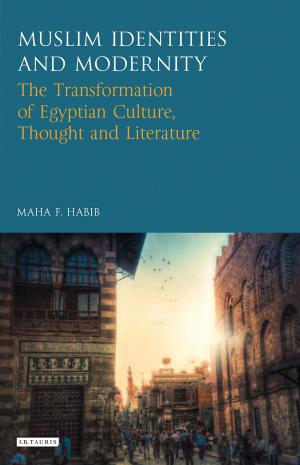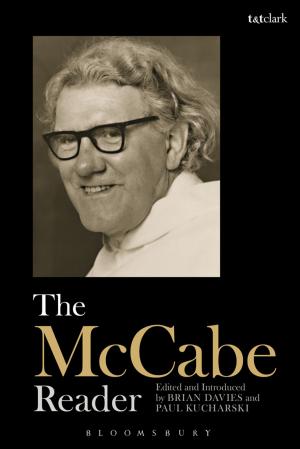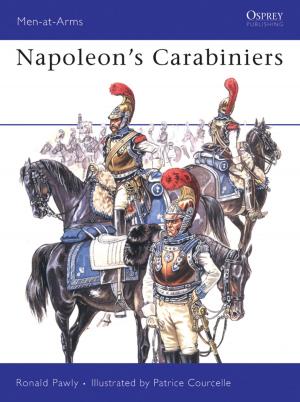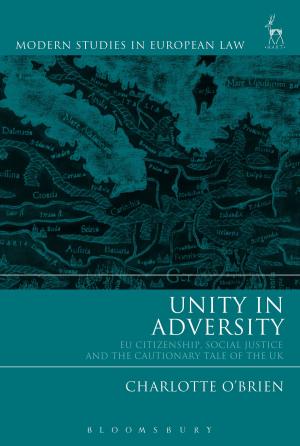Eusebius
Nonfiction, Religion & Spirituality, Christianity, General Christianity, Fiction & Literature, Literary Theory & Criticism| Author: | Aaron P. Johnson | ISBN: | 9780857734655 |
| Publisher: | Bloomsbury Publishing | Publication: | December 17, 2013 |
| Imprint: | I.B. Tauris | Language: | English |
| Author: | Aaron P. Johnson |
| ISBN: | 9780857734655 |
| Publisher: | Bloomsbury Publishing |
| Publication: | December 17, 2013 |
| Imprint: | I.B. Tauris |
| Language: | English |
Eusebius of Caesarea (263-339 CE) is one of the most important intellectuals whose writings survive from late antiquity. His texts made lasting and wide-ranging contributions, from history-writing and apologetics to biblical commentary and Christian oratory. He was a master of many of the literary and scholarly traditions of the Greek heritage. Yet he left none of these traditions unaltered as he made brilliant and original experiments in the many genres he explored. Aaron P Johnson offers a lively introduction to Eusebius' chief oeuvre while also discussing recent scholarship on this foundational early Christian writer. Placing Eusebius in the context of his age the author provides a full account his life, including the period when Eusebius controversially sought to assist the heretic Arius. He then discusses the major writings: apologetic treatises; the pedagogical and exegetical works; the historical texts; the anti-Marcellan theological discourses; and expositions directly connected to the Emperor Constantine.
Eusebius of Caesarea (263-339 CE) is one of the most important intellectuals whose writings survive from late antiquity. His texts made lasting and wide-ranging contributions, from history-writing and apologetics to biblical commentary and Christian oratory. He was a master of many of the literary and scholarly traditions of the Greek heritage. Yet he left none of these traditions unaltered as he made brilliant and original experiments in the many genres he explored. Aaron P Johnson offers a lively introduction to Eusebius' chief oeuvre while also discussing recent scholarship on this foundational early Christian writer. Placing Eusebius in the context of his age the author provides a full account his life, including the period when Eusebius controversially sought to assist the heretic Arius. He then discusses the major writings: apologetic treatises; the pedagogical and exegetical works; the historical texts; the anti-Marcellan theological discourses; and expositions directly connected to the Emperor Constantine.
